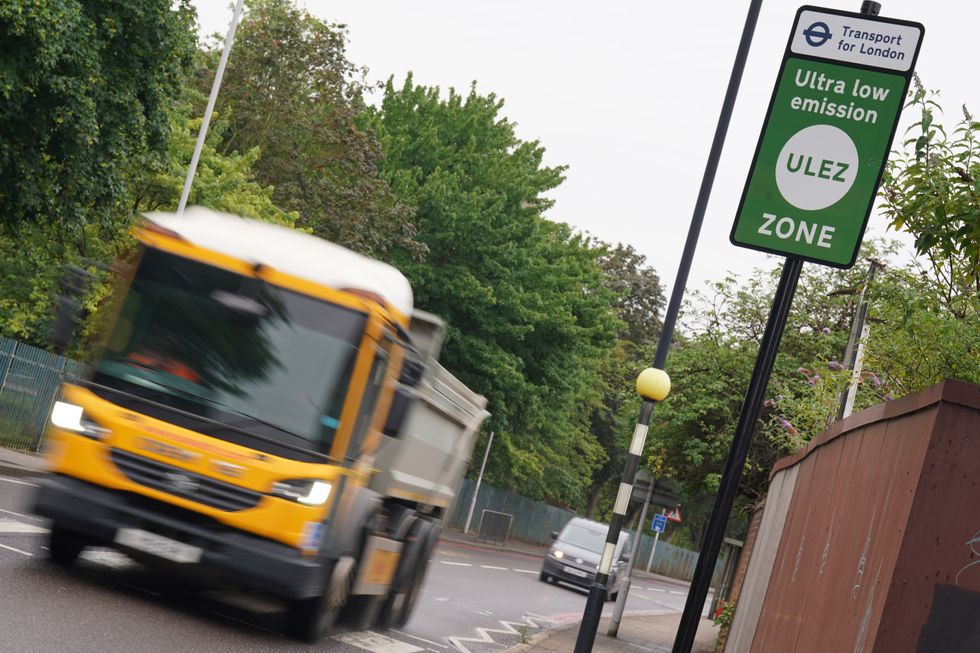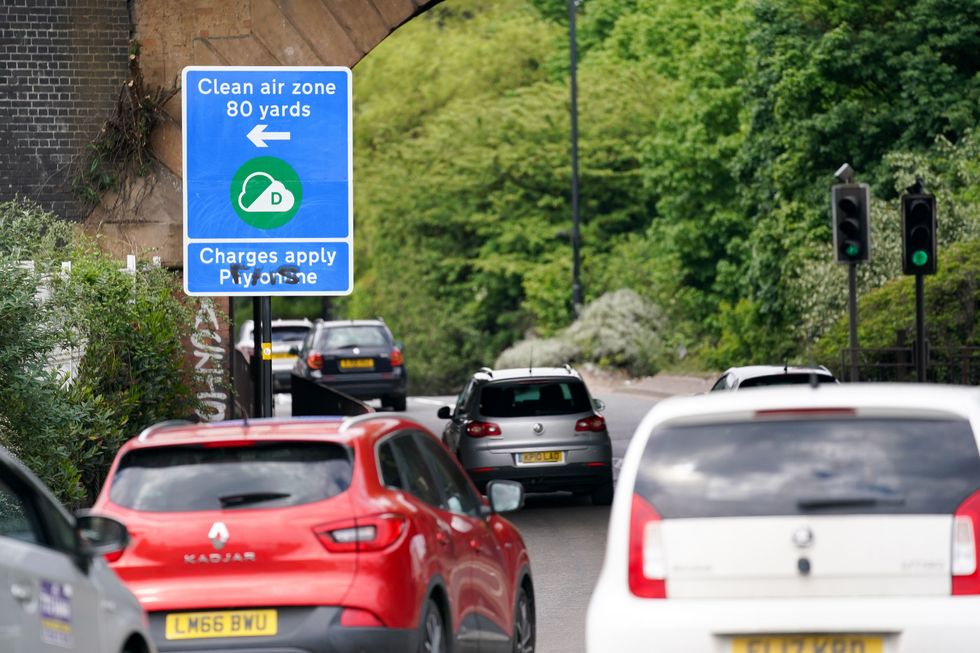Edinburgh has emerged as the UK city with the cleanest air, with London falling closely behind despite issuing thousands of fines to drivers breaching its Low Emission Zone rules.
According to a new report, the Scottish capital achieved an Air Quality Index score of 1.25, leading the rankings in a survey of nearly 400 global cities conducted over the past three years.
The achievement comes despite Edinburgh issuing 5,682 penalty notices in August 2024 for LEZ violations, with almost 100 cases involving drivers who had breached the rules at least five times.
Edinburgh tied with Manchester on the Air Quality Index score but secured the top spot due to lower overall concentrations of pollutants like sulphur dioxide, carbon monoxide and nitrogen dioxide.
Do you have a story you’d like to share? Get in touch by emailing[email protected]
 The Ulez was expanded to cover all of Greater London in August PA
The Ulez was expanded to cover all of Greater London in August PAThe study, which tracked air quality data between February 2021 and August 2024, revealed that both cities achieved a score of 1.25 out of five, where lower numbers indicate cleaner air.
London followed closely in third place with a score of 1.35, with its high ranking due to the impact of Sadiq Khan’s Ulez which saw 1.3 million fines issued to drivers.
Glasgow secured fourth place with an index score of 1.38, demonstrating Scotland’s strong performance in clean air rankings. The city’s air quality has been supported by the implementation of the LEZ in its city centre which was introduced in May 2022.
Coventry rounded out the UK’s top five cleanest air cities with an index score of 1.43. The city is currently on track to become the UK’s first all-electric bus city by 2025, marking a significant milestone in sustainable urban transport. The Midlands city has also implemented smart traffic management systems to reduce congestion and vehicle idling.
Birmingham and Liverpool shared sixth and seventh place with 1.45, followed by Leeds (1.48), Cardiff (1.55) and Stoke (1.58) completing the top 10 cities with the cleanest air in Britain.
The rankings used a tie-breaking system based on individual pollutant concentrations when cities achieved equal scores.
Auto Trader’s Editorial Director Erin Baker noted that cities achieving top rankings had been “proactive in investing in green infrastructure, promoting the use of electric vehicles and reducing traffic congestion in city centres.”
Edinburgh’s Low Emission Zone, which became active in June 2024, has seen mixed results in its implementation. Recent figures show 5,682 penalty notices were issued in August, slightly higher than July’s 5,622.
The scheme restricts entry for most diesel cars registered before September 2015 and petrol vehicles registered before January 2006.
While the number of first-time offences has decreased since June, there has been a concerning rise in repeat offenders, with 99 cases of drivers receiving five or more fines.
Penalties start at £60 but can escalate to £480 for cars with repeated breaches within 90 days. Despite the challenges with repeat offenders, Edinburgh’s LEZ has shown encouraging signs of progress since its June launch.
Edinburgh City Council’s transport convener Stephen Jenkinson expressed concern over the rise in repeat contraventions of the LEZ rules.
LATEST DEVELOPMENTS:
- British drivers see fuel prices at ‘three-year-low’ ahead of huge petrol station changes launching soon
- Major car brand pledges to sell petrol and diesel cars ‘for as long as we are allowed’ despite EV switch
- Council plans to sell car parks for £30million and rent them back in ‘completely daft’ idea

The Clean Air Zone in Greater Manchester contributed in the city ranking second for cleanest air
PA
He told Edinburgh News: “It is disappointing to see an increase of repeat contraventions, that’s why it’s more important than ever that we reiterate the collective benefits of the LEZ.
“Our objective is to protect public health from harmful emissions, reduce health inequalities and make Scotland a cleaner, greener place to be,” Jenkinson added, noting that the ultimate goal is to achieve zero fines through complete driver compliance.
Figures did show that the number of first-time offenders has dropped significantly, falling from 5,765 in June to 4,695 in August 2024.